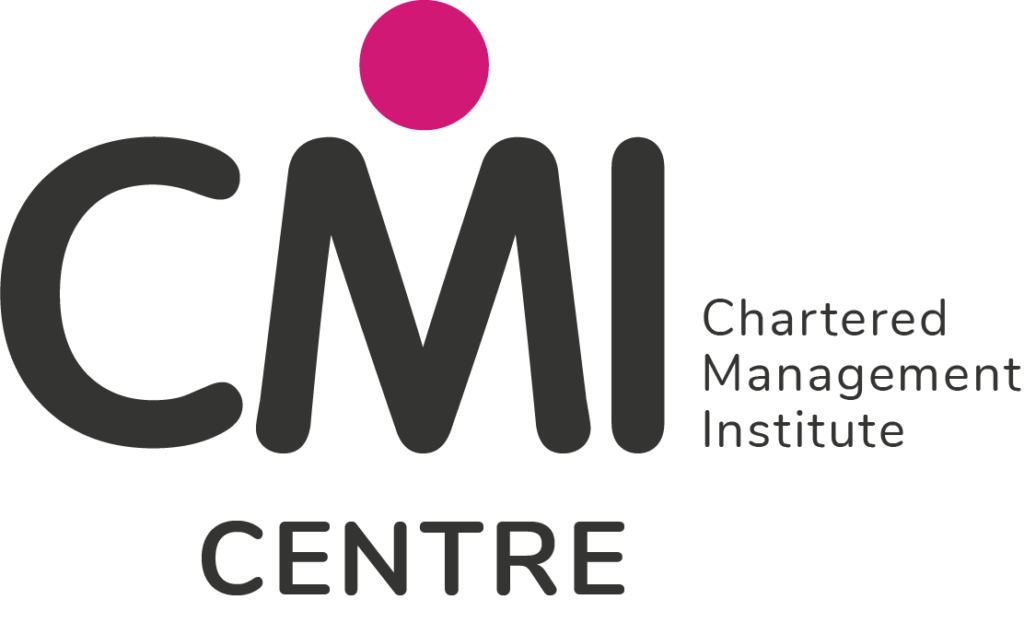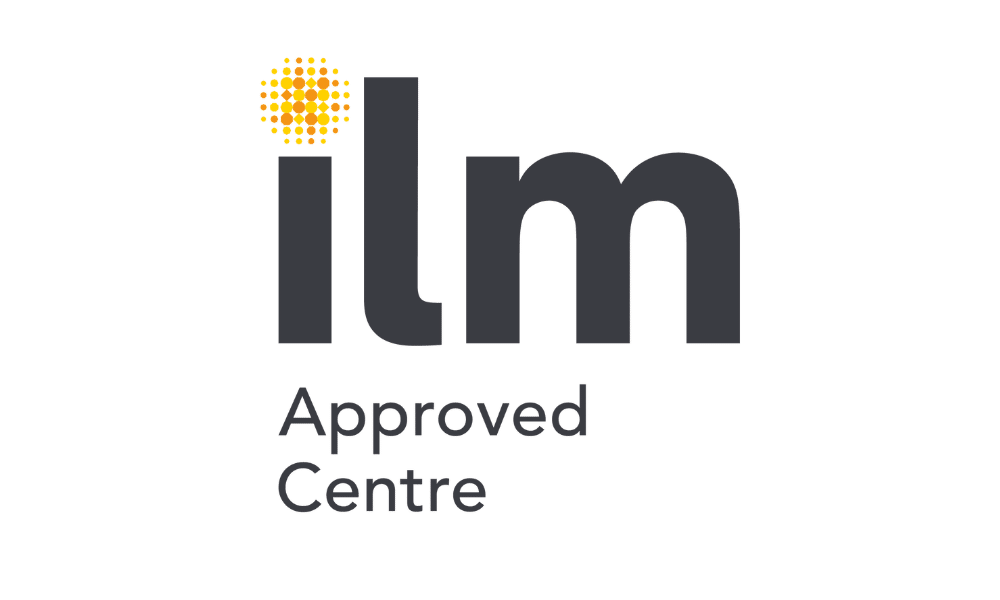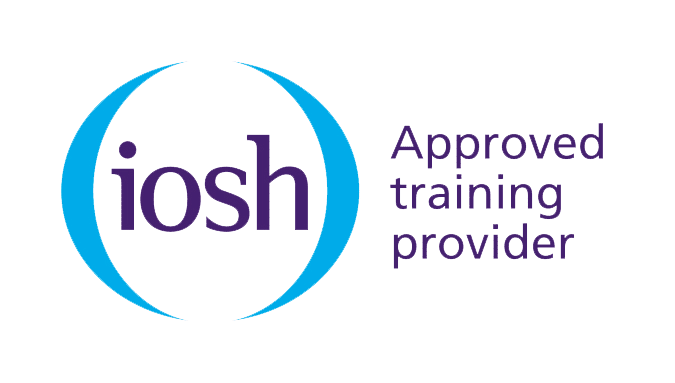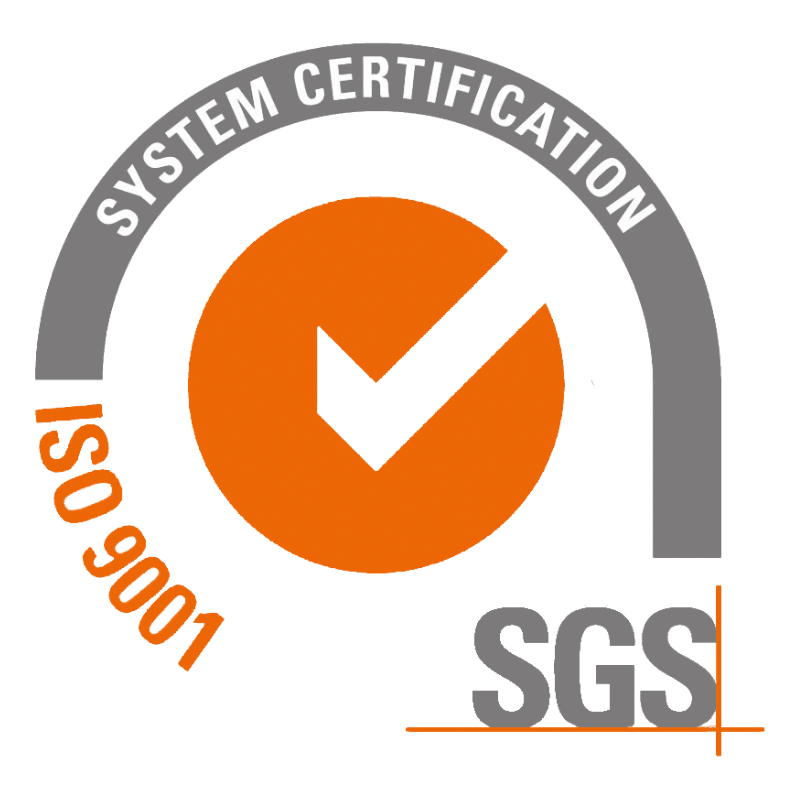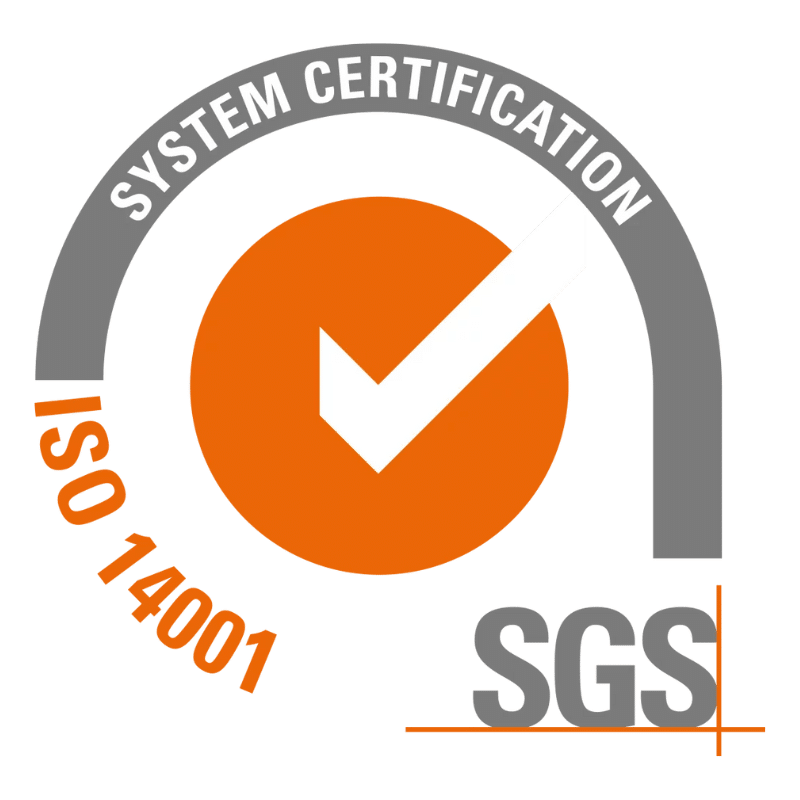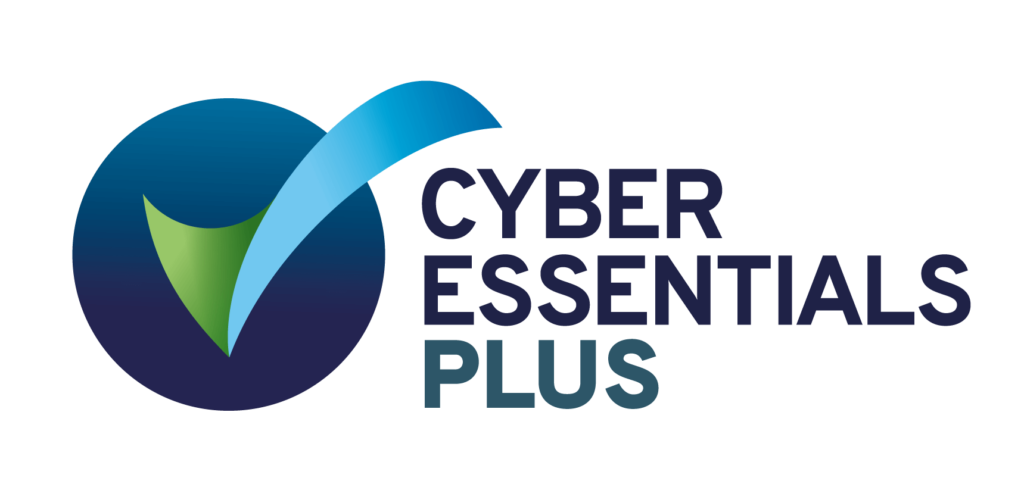The global appetite for workplace coaching shows no sign of slowing down. As an approach to performance management, it can empower and boost innovative thinking, but HR/L&D/OD teams need to ensure they are providing learning support in the right places to bring it about.
One obvious area to instill coaching capability is in the knowledge, skills and confidence of line managers – for a number of good reasons:
- The situations in which a ‘coaching conversation’ can be helpful and appropriate are likely to crop up between an individual and their line manager, for example when the individual is looking for help solving a problem or making a plan.
- Coaching skills support effective management of people; the focus on motivation, encouragement and a generally-more-proactive approach to learning and development
- If informal coaching becomes so commonplace that it becomes a routine way of communicating, then the ‘coaching culture’ that so many organisational leaders would love to develop starts to become a reality.
- Managers may need to work in areas where they have no direct experience or manage the performance of people who’s roles they have no experience in. Coaching enables them to still lead in these areas, whilst de-bunking the myth that they have to be expert in everything.

There are also some areas to be mindful of when instilling line managers with coaching skills:
Line managers must acknowledge the imbalanced relationship between themselves and their coachee and consciously level this out when they put their ‘coaching hat’ on. Otherwise, the temptation to steer their coachee in particular directions can become just another method of telling them what to do.
This ‘non-directive’ approach must be something that managers are happy with, when coaching. There will always be areas where line managers must issue instruction, but this can’t be allowed to cross over into their coaching. To this end, the organisation may decide that line managers are better to simply deploy the ‘coaching skills of leadership’ with their direct reports and then, if they are qualified and confident, having them formally coach colleagues that they don’t manage directly.
Ultimately, directing will always be quicker than coaching, but it doesn’t produce the same long-term increases in engagement, confidence and performance that coaching does. If organisations and line managers are prepared to be patient, coaching and coaching skills can reap real rewards.
Whether it’s coaching skills support or ILM/CMI coaching qualifications, Eliesha is here to help. Send us an email or fill out the enquiry form on our Talk to Us page to arrange an informal chat around your requirements.
